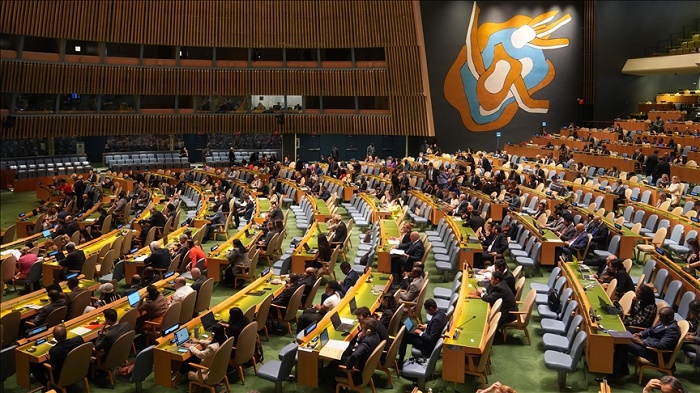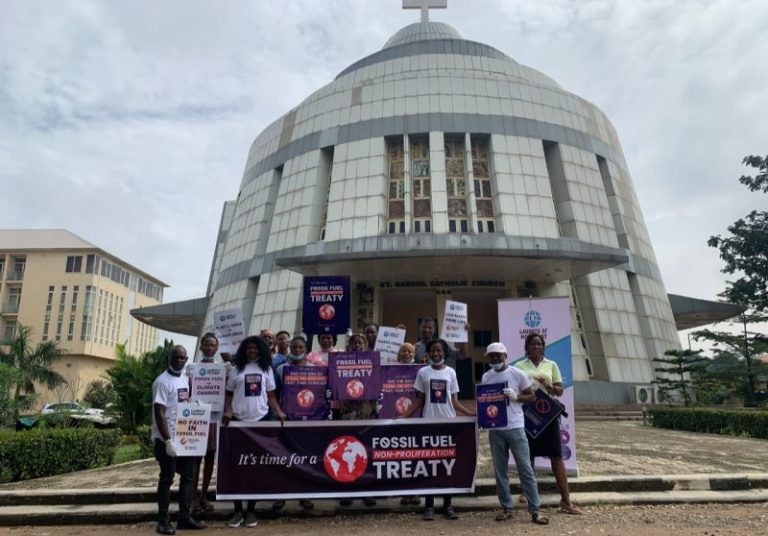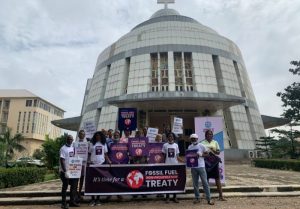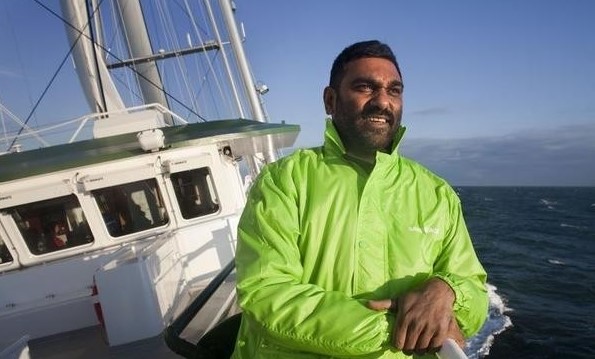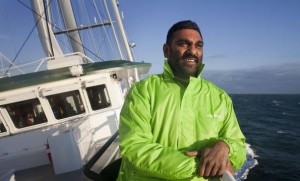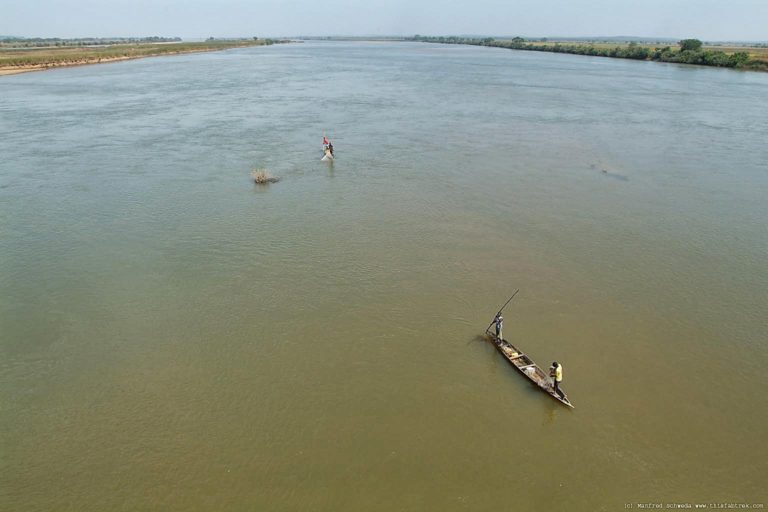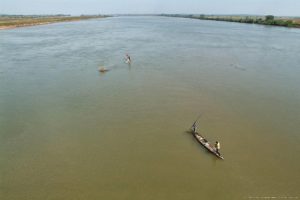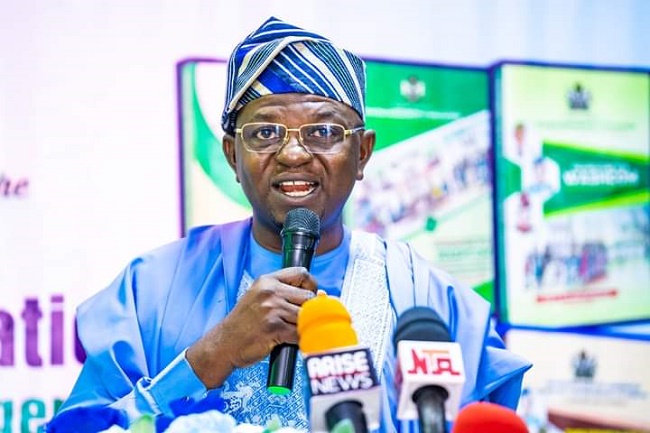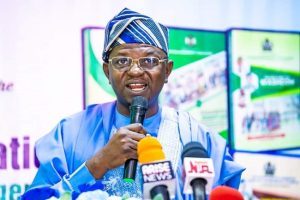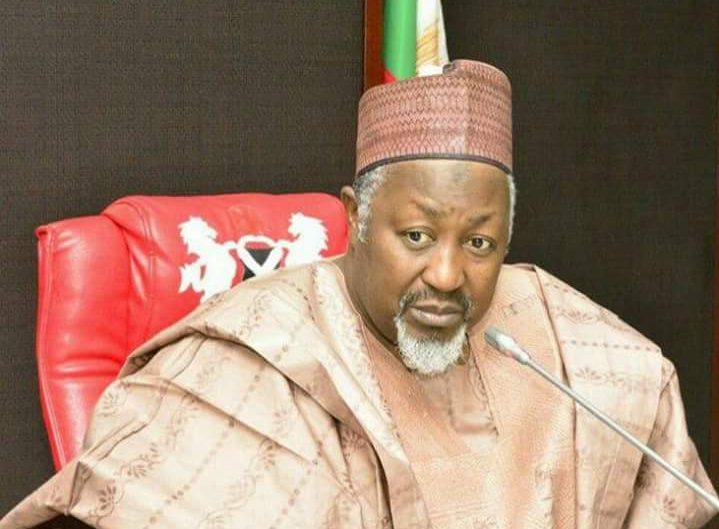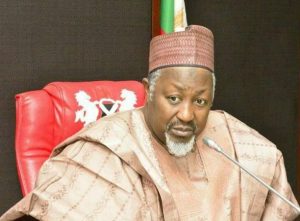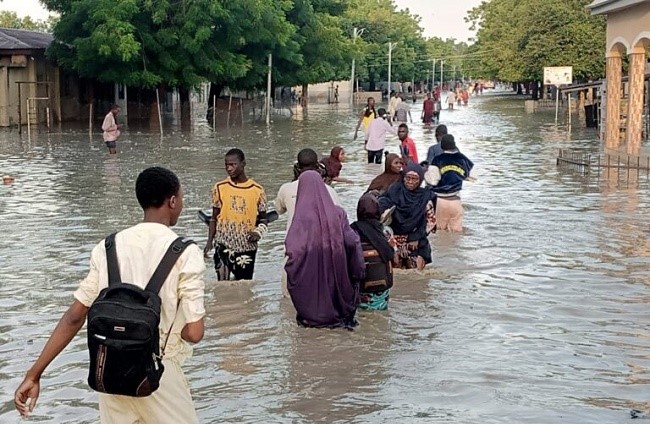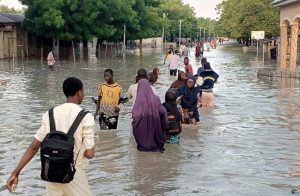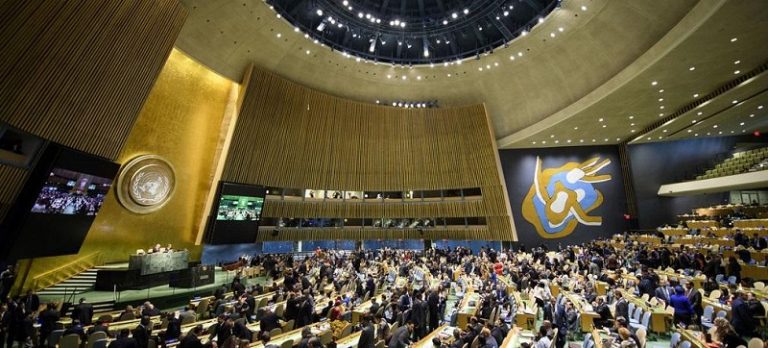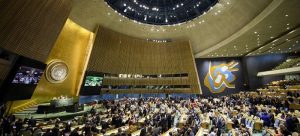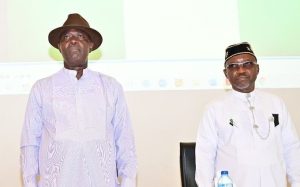Panelists at a dialogue on the Media of the Future have emphasised the importance of media representation for people of African descent and the need for Africa to build its mega media platforms.
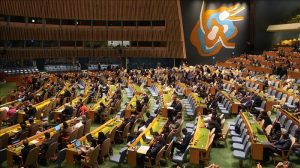
The panelists made the call at an online dialogue on the theme: “The Media of the Future: Bridging the Gap Between the West and People of African Descent.”
The dialogue was convened in New York, on the sidelines of the United Nations Summit of the Future held during the 79th Session of the UN General Assembly (UNGA 79) High-level Week.
UNGA 79 opened on Sept.10, 2024, while the High-Level Week began on Friday, Sept. 20, and will run through Sept. 27.
At the dialogue which was organised by Mr. Simon Ibe, Publisher/Editor-in-Chief of Global Patriot Newspapers, the panelists discussed the challenges faced by Africans in gaining access to global media outlets.
Participants discussed the challenges faced by Africans in having their stories accurately represented internationally, and stressed the need for them to take control of their narratives and destinies.
The participants also advised Africans to prioritise skills for sustaining economies, attracting investment, and creating wealth, and to leverage technology and leadership in the African economy to change media coverage and ensure adequate representation of Africa’s positive aspects.
In his presentation, Dr Leo Stan Ekeh, the Chairman of Zinox Group, a tech company, stressed the importance of media representation for people of African descent and the need for Africa to build its mega media platforms.
Ekeh spoke of his contributions to the transition from analogue to digital media in West Africa and emphasised the importance of knowledge and content in the media industry.
He highlighted lack of awareness about the innovative and creative abilities of black people and stressed the need for Africa to become part of the global community through greater access to the global media.
He shared his experiences in building a tech group and digital retail business and how insufficient access to global media exposure was a major issue, and encouraged the African media practitioners to find financial resources to develop their own mega media platforms, driven by technology.
Also, Yul Anderson, President of the African American Future Society (TAAFS), spoke on the need for coordinated messaging by African media outlets to combat disinformation and promote positive stories about People of African Descent.
He spoke extensively about the Black Futures Summit, held on the sidelines of the United Nations Summit of the Future.
Laolu Akande, Editor-in-Chief of Empowered Newswire, conveyed a message from the former Vice President of Nigeria, Prof. Yemi Osinbajo (SAN) expressing support for the team’s efforts.
Osinbajo commended the convener of the dialogue, Mr. Ibe for creating the platform for the discussion and expressed the hope that the outcome of theevent will positively impact the Media of People of African Descent.
In his presentation as a panelist, Mr. Akande spoke of the significant gaps in understanding and representation of Africa globally, emphasising the need for a more nuanced and empathetic approach to understanding Africa and its people.
He identified four gaps hindering Nigeria’s development.
These include the gap between the elite and the masses; the gap between the elite and the media; the gap between the elite and the people; and the failure of political leadership to deliver national development.
Akande, spokesman for Osinbajo, stressed the importance of the African elite taking responsibility for the continent’s fate, human capital and infrastructure development.
He pointed to the need for media leaders to invest properly in journalism and for African billionaires to fund media outlets to shape the narratives about the continent.
Ms Nicky Spencer-Coker, the spokesperson for the Permanent Mission of Sierra Leone to the United Nations in New York, shared her background as a lawyer and activist.
In speaking, she discussed the significant role of the media in shaping society and narratives, emphasising the challenges faced by people of African descent in gaining access to global media outlets and having their stories accurately represented.
She highlighted the low percentage of black-owned media in the United States and acknowledged the rapid expansion of the media in Africa due to advances in telecommunications.
Spencer-Coker also pointed out the influence of American media on perceptions of Africa, often leading to negative and stereotypical portrayals.
She stressed the importance of African voices being heard and the need for more African representation in global media and leadership roles.
In her address, Abike Dabiri-Erewa, Chairman/CEO, Nigerians in Diaspora Commission (NiDCOM), agreed on the importance of the conversation about media representation and moving the narrative forward.
Abike stressed the need to change the negative narrative about Africa and Nigeria in particular, suggesting that Africans should control their media image and invest more in the continent.
She highlighted the potential of the African diaspora, particularly in America, to contribute significantly to the continent’s development.
Abike also criticised the treatment of Africans by other Africans on the continent and encouraged the team to focus on promoting trade and collaboration among African countries.
She discussed the challenges faced by Nigerians in investing and owning homes in Africa, and mentioned the Diaspora Commission’s programs to facilitate home ownership and investment opportunities.
Dabiri-Erewa emphasised the need for collaboration between Nigerians at home and those living abroad to change the narrative about Africa through initiatives like the upcoming diaspora investment summit being organized by NiDCOM.
Toyin Umesiri, a global influencer and CEO of Nazaru, emphasised the importance of wealth creation and productivity in building economies, rather than focusing solely on poverty alleviation.
She discussed the challenges of promoting business and trade with Africa, particularly in the US, and stressed the need for individuals to take control of their own narratives.
Umesiri also highlighted her background in education and experience in training entrepreneurs and working with investors.
She argued against focusing on poverty alleviation and foreign aid, stressing the need to prioritise skills for sustaining economies, attracting investment, and creating wealth.
Also speaking, Prof. Akil Khalfani, the Director, Africana Institute, Essex County College, Newark, New Jersey, emphasised the need for a rethinking of journalism and media representation, advocating a Pan African approach that utilizes a historical foundation to tell the story of Africa and African people.
Khalfani criticised the Euro-centric approach to education and suggested that African history and culture should be presented with a broader perspective.
Khalfani also highlighted the significance of African organizations and the need for Africa-centered strategies and critiques of other perspectives.
He stressed the importance of Africanizing ways of doing business, global commerce, and thinking about identity.
Mr. Simon Kolawole, Founder and Editor-in-Chief of The Cable Newspapers, in his presentation, made a strong case for the empowerment of media of people of African descent for effective global outreach.
The highly respected columnist stressed that currently, Media of people of African descent were grappling with serious challenges that were constraining their operations and ability to compete at the global level.
Dr. Adeola Popoola, President, Nigerians in Diaspora Organisation (NIDO) New Jersey, proposed a stronger hold on the Guild of Editors to ensure all media houses contribute to a weekly digest of news headlines across the continent.
Ibe, however, thanked everyone for their participation and expressed his gratitude for the insightful discussions, mentioning that there would be a sequel in the future, especially as the issue was so crucial that it could not be sufficiently addressed at one sitting.
By Cecilia Ologunagba

